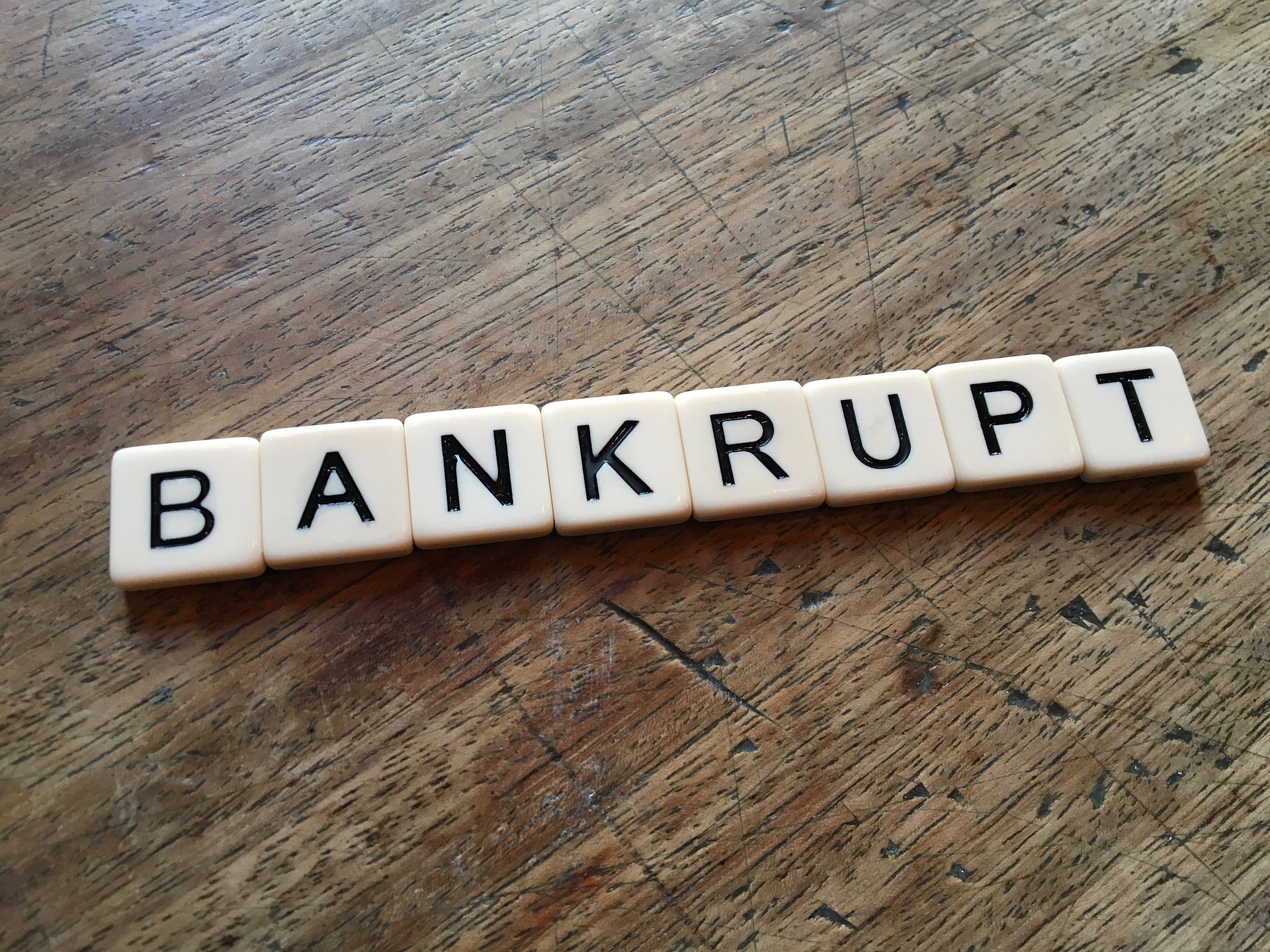Everyone hits rough patches in their finances at some point. When you are in the midst of a streak of financial bad luck, it can be challenging to see a way out. While there are ways to delay paying off your debts, these are just stop-gap solutions that do nothing to solve the real root of your financial problem and may render you insolvent. While no one can change the past, it is important to remember there is always an opportunity to turn things around and your solution might be to file a consumer proposal or file for bankruptcy. Remember, everyone deserves a fresh start.
People often confuse the terms insolvency and bankruptcy with each other. While they both relate to debt, these terms cannot be used interchangeably, as they have different meanings and implications. One thing they do have in common is that they both relate to overall finances and credit.
Understanding the differences between insolvency and bankruptcy
Insolvency is a state of being and usually means an individual does not have the ability to pay his or her debts in full, or is unable to make payments as they become due. Usually this happens when people take on too much debt, or they may have experience something negative happen in their life and they are no longer able to continue to make payments. Sometimes this happens with job loss, divorce or relationship breakdown, health issues and even pandemics.
On the other hand, bankruptcy (or filing for bankruptcy) is a legal process an insolvent debtor can take to get relief from their creditors. Bankruptcy actually becomes a tool to regain control of your finances moving forward and get your fresh start.
Under the Bankruptcy and Insolvency Act in Canada, a person must first be insolvent before they can file a consumer proposal or file for bankruptcy. The Bankruptcy and Insolvency Act considers someone insolvent when they owe more than $1,000.00 and; can no longer meet their debt obligations when they are due; or who has ceased paying their obligation as they become due; or they do not have sufficient assets and property to sell and pay off their debt in full.
It is important to point out that being insolvent, or being in a state of insolvency, can happen at different stages in our lives. It could be from a decline in income, over extension of debt, inability to work, separation, loss of assets or even being stuck in high interest loan payments. Sometimes you can fix some of these issues, improve your financial circumstances and become solvent again on your own. However, for many people, they seek the help of Licensed Insolvency Trustee to help them become solvent again as they are unable to do so on their own, despite their efforts to do so.
Causes of insolvency
As discussed above, becoming insolvent typically is not a situation individuals find themselves in after one bad purchase, loan or transaction. Although it’s definitely possible to incur a large amount of debt and find yourself in trouble from a single purchase, or from experiencing an event of misfortune, it’s much more common that people become insolvent over a period of time due to multiple factors and making things increasingly more difficult to meet their ongoing obligations.
Many financial institutions are more than happy to extend credit to those who asks for it. However, without proper education regarding your finances and constant monitoring of your overall financial situation, it is very easy to fall behind on your payments and your financial circumstances can easily spiral out of control. Once this happens, the late fees, interest and penalties start to add on to the debt you are already struggling to satisfy, and then you reach a point where you start to default and miss payments. Soon you find yourself struggling to sustain even basic living needs such as rent, groceries, and utility costs. By the time you find yourself in this situation, it is rare that you can solve your debt issues on your own. In many cases, you may need professional expertise help to solve your debt problem.
Getting the help you need
In Canada, Licensed Insolvency Trustees (LIT’s) are the only licensed professionals that provide solutions and options for debtors under the Bankruptcy and Insolvency Act. This ensures that the process of a personal bankruptcy or a consumer proposal is filed and administered by a licensed professional. A Licensed Insolvency Trustee will you determine which solution will work best for you and will help alleviate your financial troubles.
Conclusion
It’s important to know when to reach out for help to prevent an already out of control financial problem from growing any bigger. Using short-term financial fixes will usually only be more damaging to your finances in the long term. Before your finances get out of control, reach out to a Licensed Insolvency Trustee and hear what options are available to you to help get your finances under control. Even though it may be scary, once you reach out for help, you’ll immediately feel better, less stressed and be on the path to debt freedom.
The team at Paul J. Pickering and Associates Limited has decades of experience in helping people just like you solve their financial issues. If you think you might need help from a Licensed Insolvency Trustee and want a have a free initial consultation, contact us today.


